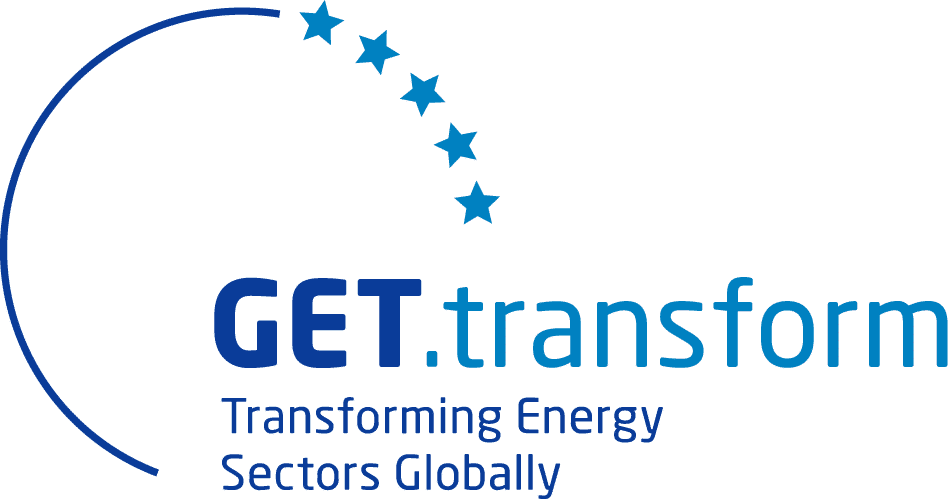Eswatini and the Council for Scientific and Industrial Research (CSIR) South Africa delivered energy planning insights in IRENA’s webinar “Long-term Energy Scenarios (LTES) for Developing National Energy Transition Plans in Africa” on 1 December, 2021.
Based on IRENA’s Long-Term Energy Scenario (LTES) Network, the webinar series is organised in collaboration with GET.transform, the United Nations Economic Commission for Africa (UNECA), the African Union Development Agency (AUDA-NEPAD), the African Development Bank (AfDB), the Ministry of Energy of Kenya, and the African Union Commission.
Christopher Gross, Team Leader at GET.transform, moderated the session and highlighted the importance of national ownership in providing energy planning support to partner countries. Starting with a comprehensive assessment, energy scenario support should focus on strengthening local institutional capacities.
An outline of Eswatini’s energy planning experience was delivered by Nolwazi Khumalo, Senior Energy Officer, Ministry of Natural Resources and Energy. Eswatini’s planning process started with a focus on the power sector but has since been expanded to cover all the energy sectors, including a separate representation of the sugar sector – given its importance as one the country’s main industries. Enhancing the scope, time horizon and data granularity of the planning framework enabled Eswatini to integrate national energy sector needs with international objectives.
The national energy plan is now looking towards 2050, in line with global decarbonisation perspectives. Eswatini was thus able to define concrete Nationally Determined Contributions (NDCs) based on the national energy master plan.
Clinton Carter-Brown, Energy Centre Head at the Council for Scientific and Industrial Research (CSIR) gave an overview of the organisation’s experience in supporting South Africa’s energy planning.
He stressed that good quality data is the cornerstone of scenario development and not the modelling tools themselves. Mr Carter-Brown illustrated the advantage of updating data inputs based on the experience gained from real projects to constantly revise scenarios. The integration of system operators in particular helps to link the planning with the practical level. By quantifying the outcomes, scenarios can help to identify the implications of deviating from least cost development pathways or other national objectives.
Constantly revised data inputs are thus key to ensure that energy planning is supporting national planning objectives and policy making processes.



